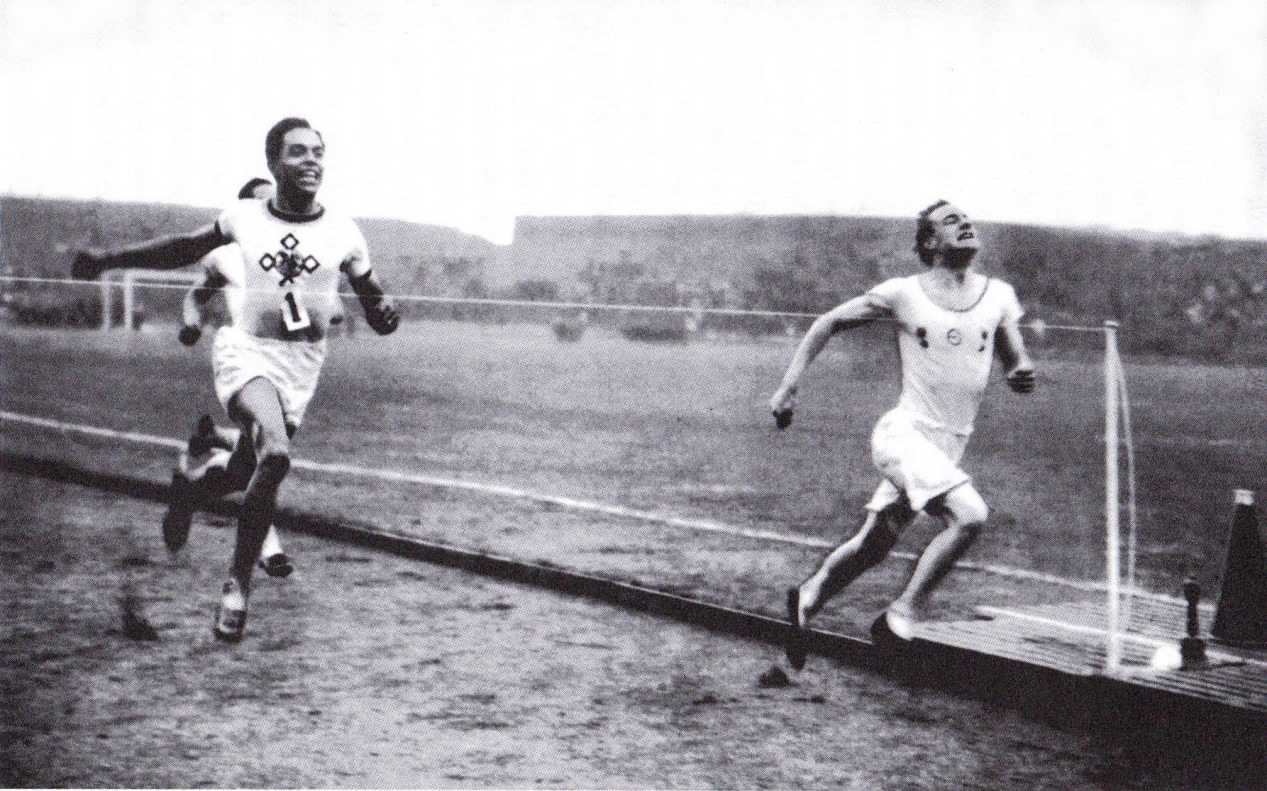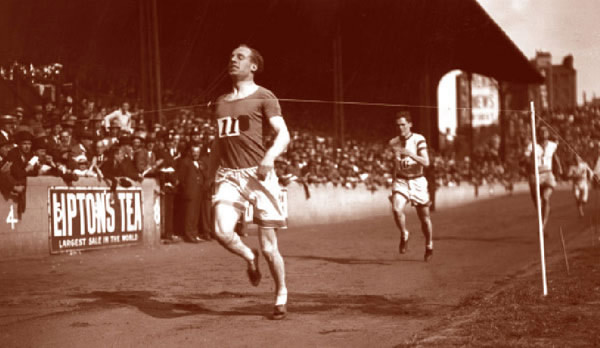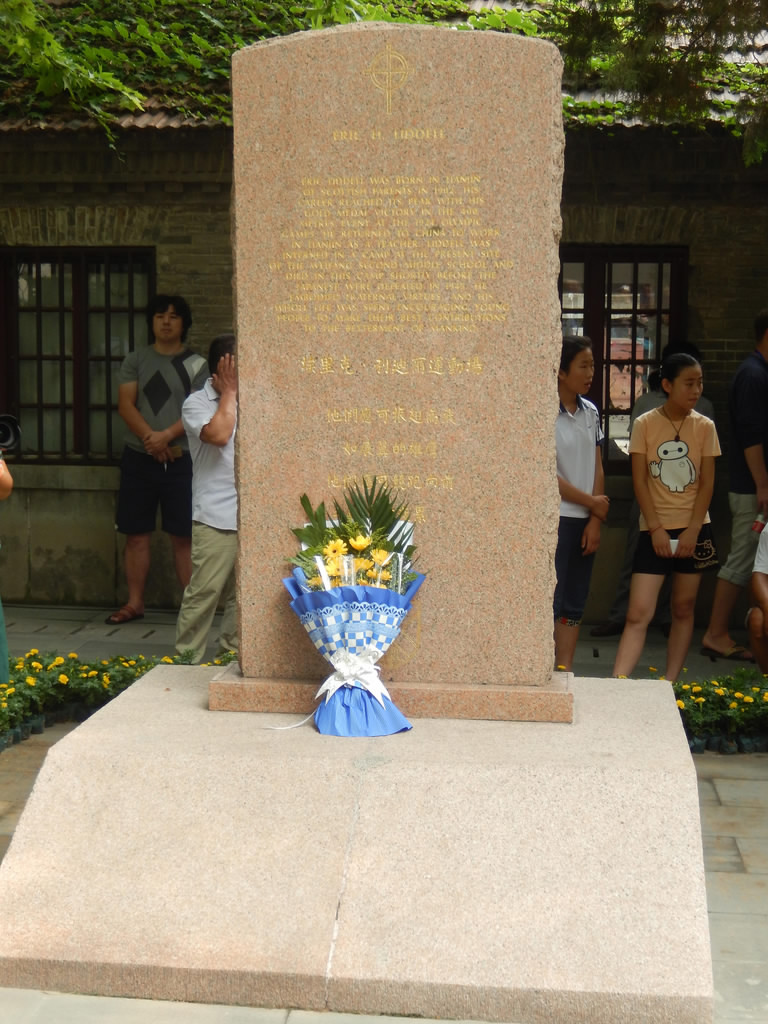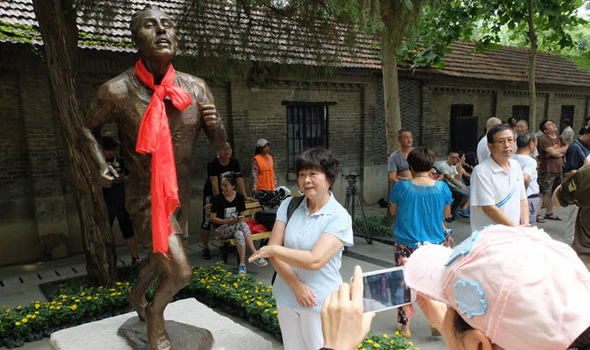Eric Liddell, a Chinese-born son of Christian missionaries, dedicated his life to sports.
His courage, willpower and talent were showcased in Oscar-winning film “Chariots of Fires”, a 1981 production acclaimed by viewers and critics to this day.
From his birth in in Tianjin in 1902 to his education in Britain to his work back in China as a missionary, Liddell pursued sporting excellence for himself and others.

During his boyhood, he was credited as an outstanding rugby and cricket player. He later played rugby for Edinburgh University and was promoted to Scotland’s national rugby union team
Sports played a large part in Eric’s university life and his passion quickly extended to running. He took part in a series of competitions in the name of his university and then qualified to represent Britain at the Paris Olympic Games in 1924.
But Eric, a devout Christian, refused to run in the heat for the 100 meters on learning that it was to be held on a Sunday, the Christian Sabbath.
Having withdrawn from the 100-meter race, Eric did not give up on the Games but immediately began training for the 400 meters.

After months of hard work, Eric challenged other competitors and himself to win the race in a time of 47.6 seconds. He overcame enormous odds to not only win, but break the Olympic and World records.
Soon after his victory at the Olympics, Eric finished his studies in Scotland and returned to China to work as a missionary. He continued to enter athletics competitions and won championships held in China.
Eric’s passion for sports also greatly influenced his students. He used his athletics experience to train boys in different sports, and also helped build a stadium in Tianjin.

During the Japanese invasion of China, Eric carried on his missionary work despite the potential danger. Eric’s wife and children left for Canada, but he stayed in China to help people in any way he could.
In 1943, Eric was detained in an international camp in east China’s Weifang city. In the camp, he was known as “Uncle Eric” because of his efforts to teach children, organize sports activities and help others. Two years later in 1945, Eric passed away in the camp, at the age of 43.
According to a BBC report, some people even regard Eric Liddell as the first Chinese Olympic gold medalist because he was born in China.

“We are very proud of Eric Liddell. He is a hero,” Wang Hao, the Director of Foreign Affairs in Weifang said when he was interviewed by the BBC.

A detention camp museum and a monument have been established in the city to pay tribute to a man who achieved so much for himself and others.










